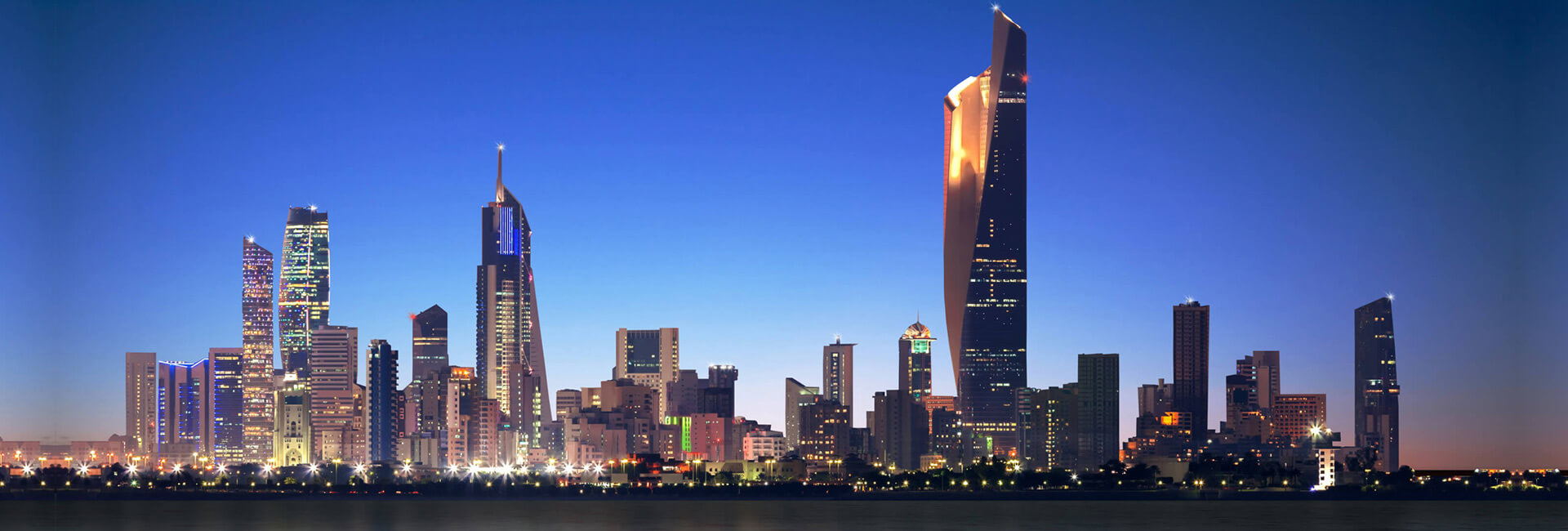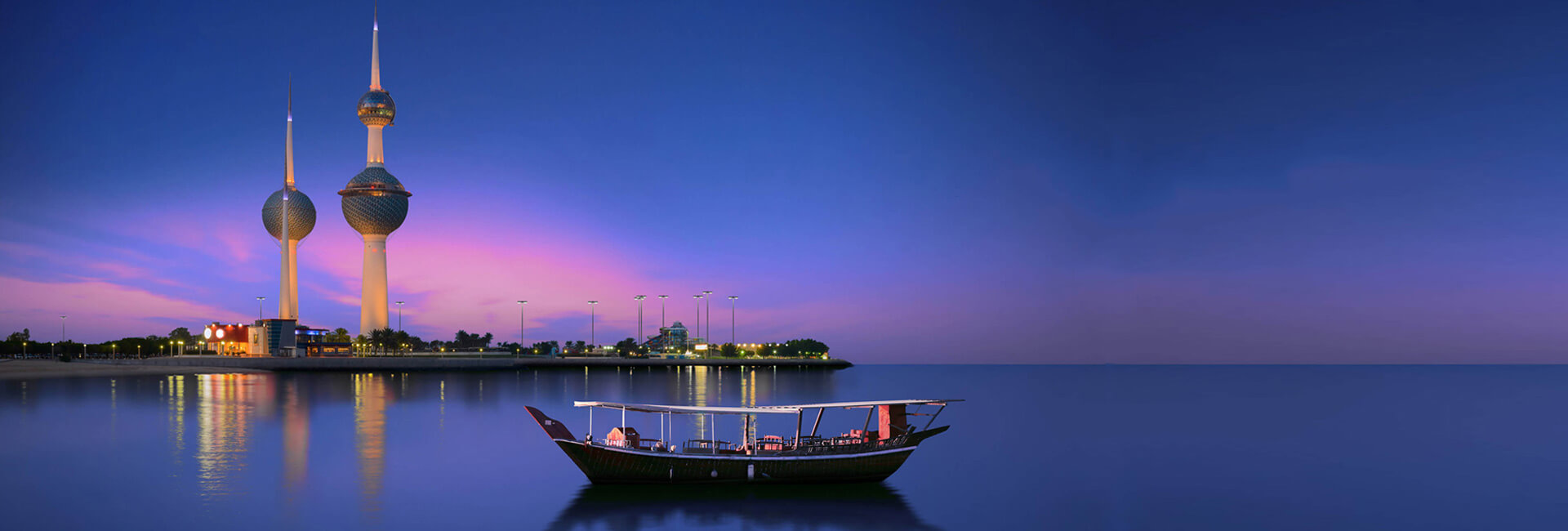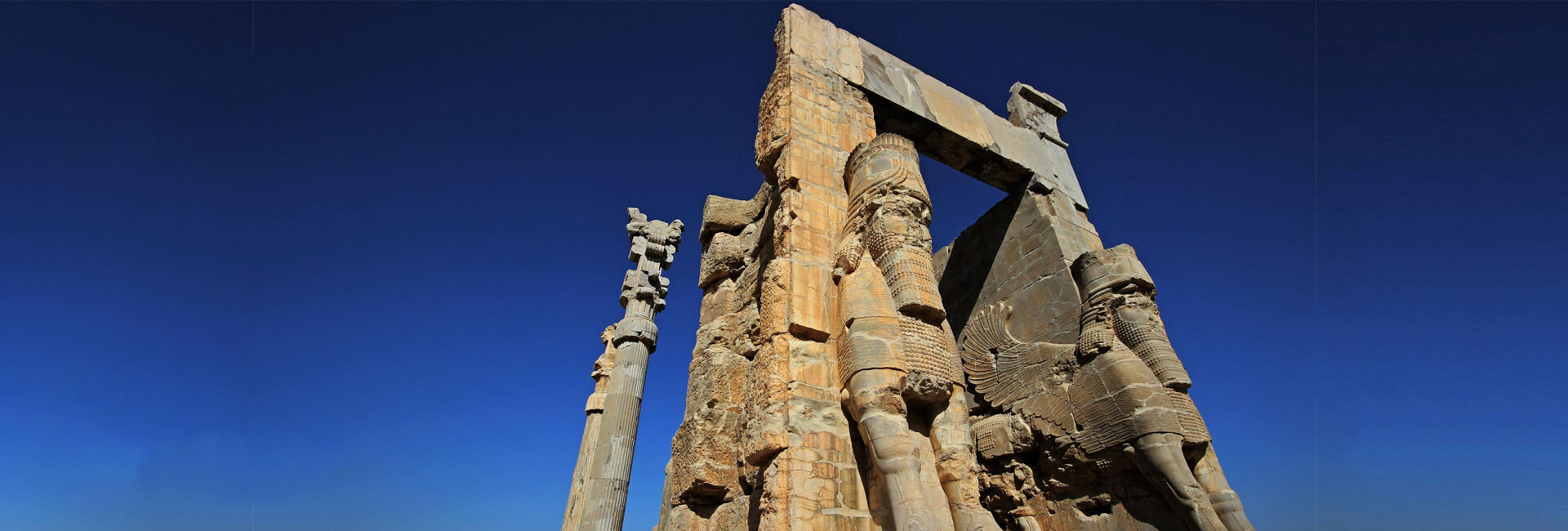
About Us
Soha Europe Invest, with the registration number of 24799785, has been founded in 2011 in Prague to provide information and services to those who are interested in Europe investments and business opportunities. It has been cooperating with 35-superior- economy countries since its inception. With Its headquarter in Czech Republic, Soha Invest has representative offices all around the world.
To name some of our company’s activities and contracts, we have been collaborating with Siemens, Volvo, Voith, Hyundai and Jebel Ali free zone.
Our objective is to accelerate all commercial and trade relations between Europe and other countries all over the world.
We are experienced in the area of expertise in:
- Oil, Gas & Petrochemicals
- Renewable energies
- Project funding in developing countries
- Cooperation with Free Zones
- Cooperation with Trade Promotion centres
- Cooperation with Investment attraction agencies
- Cooperation with Chambers of Commerce and Industries
- Cooperation with exhibition centres
- Cooperation with certification bodies
- Market studies & research
According and in the frame work of International rules and regulations, we provide services in relation to:
- Purchasing Aircrafts, Aircraft Engines and components;
- Purchasing Helicopters, Helicopter engines and components
- Leasing Aircrafts & Helicopters
We are honored to provide the general services as:
- Opening Natural / Juridical account
- Accepting and dispatching trade missions
- Company registration in main lands and Free Zones
- Brand licensing
- Branch registration
- Tracing legal claims
- Visas & residencies
- Feasibility studies
- Membership in International Organizations
- Investment
- Market development
- Obtaining proforma for goods and products
- Holding conferences, seminars and management training courses






